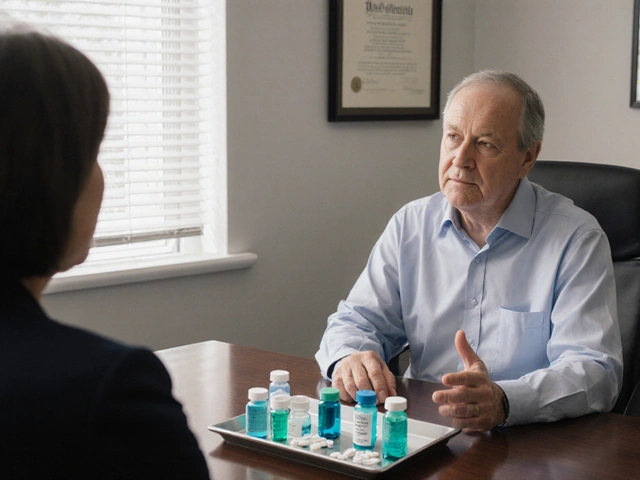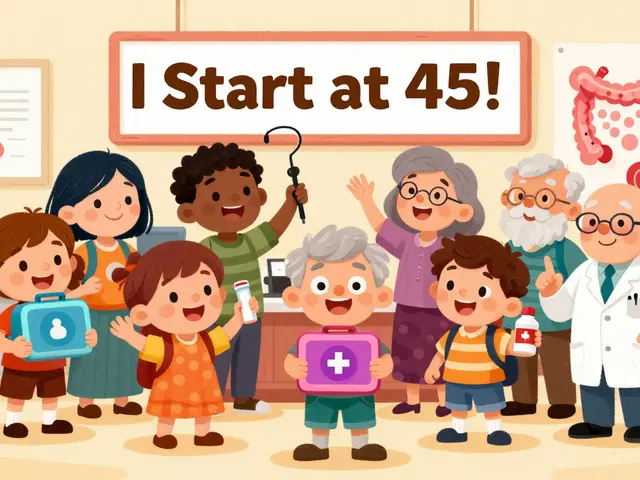Heart failure: what to watch for and what to do
Heart failure means the heart can't pump blood well enough for your body. You might feel short of breath, tire quickly, or notice swelling in your legs and belly. This page gives clear, useful steps you can use right away — from spotting warning signs to simple daily habits that reduce flare-ups.
Common symptoms and quick checks
Pay attention to these signs: breathless when walking or lying flat, waking up gasping at night, persistent cough, swollen ankles, sudden weight gain (2–3 kg in 2–3 days), and extreme tiredness. If you have new fainting, chest pain, or confusion, get emergency care.
Doctors usually check pulse, blood pressure, oxygen, and order an echocardiogram (heart ultrasound) and blood tests like BNP to confirm heart failure. Tracking daily weight and symptoms at home helps your doctor adjust treatment faster.
Practical treatment steps you can expect
Treatment mixes medicines, lifestyle changes, and sometimes devices. Common medicines include diuretics (water pills) to reduce fluid, ACE inhibitors or ARBs, newer ARNI drugs, beta-blockers, and SGLT2 inhibitors — these lower hospital visits and help the heart work better. Talk with your doctor about which ones fit you; they’ll check kidney function and potassium after starting meds.
If medicines aren’t enough, devices like an ICD (prevents dangerous rhythms) or CRT (helps the heart beat more efficiently) may help. Some people need valve repair or even transplant in advanced cases. Ask your cardiologist for clear options and what to expect.
Simple daily actions matter: weigh yourself each morning on the same scale and write the number down. Cut added salt — read labels and avoid processed foods. Know your fluid limit if your doctor sets one. Take medicines exactly as prescribed; use a pill box or phone reminders if needed.
Keep active with short walks or a tailored rehab program. Vaccines (flu, COVID, pneumonia) lower infection risk, which otherwise strains the heart. Stop smoking, limit alcohol, and manage mood — anxiety and depression change appetite and activity, which affects heart failure.
When to call your doctor: sudden weight gain, new or worse shortness of breath, swelling that spreads, fainting, or chest pain. If you’re unsure, call — early fixes often prevent hospital stays.
Work with a team: GP, cardiologist, heart failure nurse, dietitian, and rehab coach. Many clinics offer phone follow-up or remote monitoring; these help catch problems early. Keep a medication list and emergency contacts handy.
Use this as a practical checklist, not a diagnosis. If you suspect heart failure or have new symptoms, contact your healthcare provider today. Small daily steps add up to fewer flare-ups and a better quality of life.




